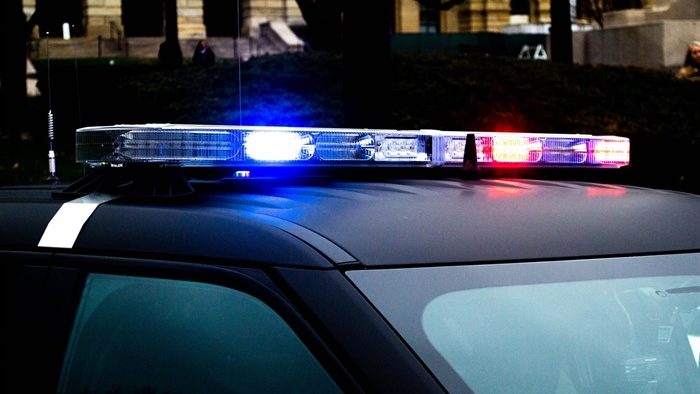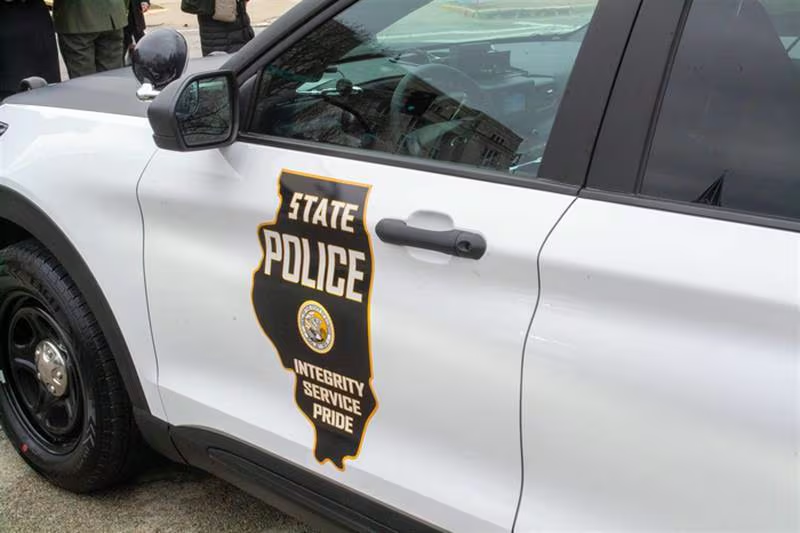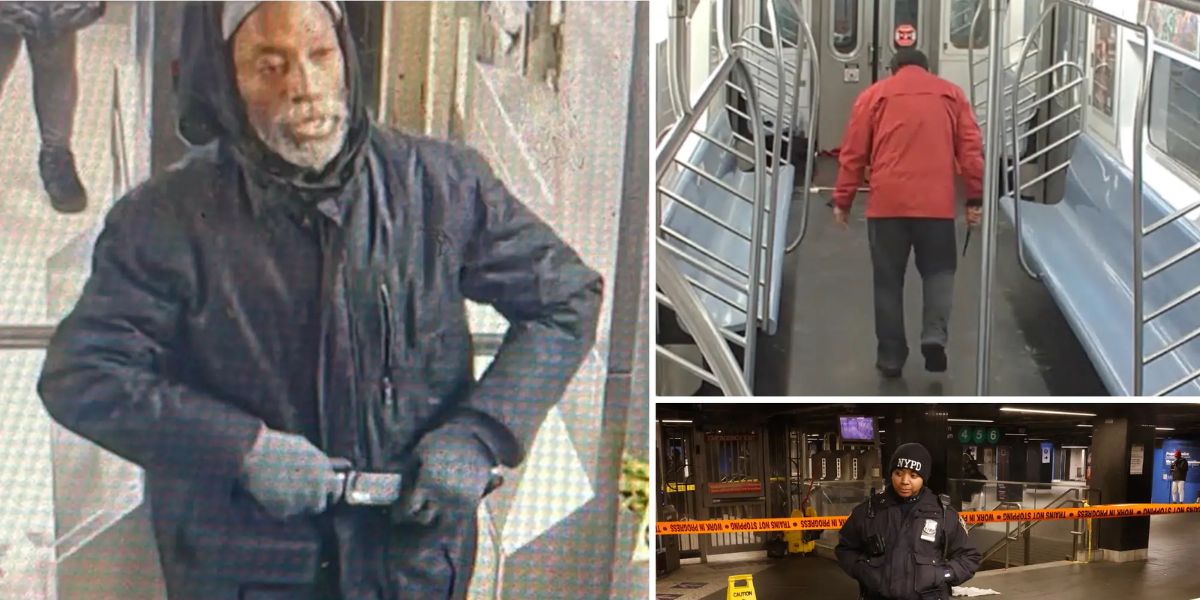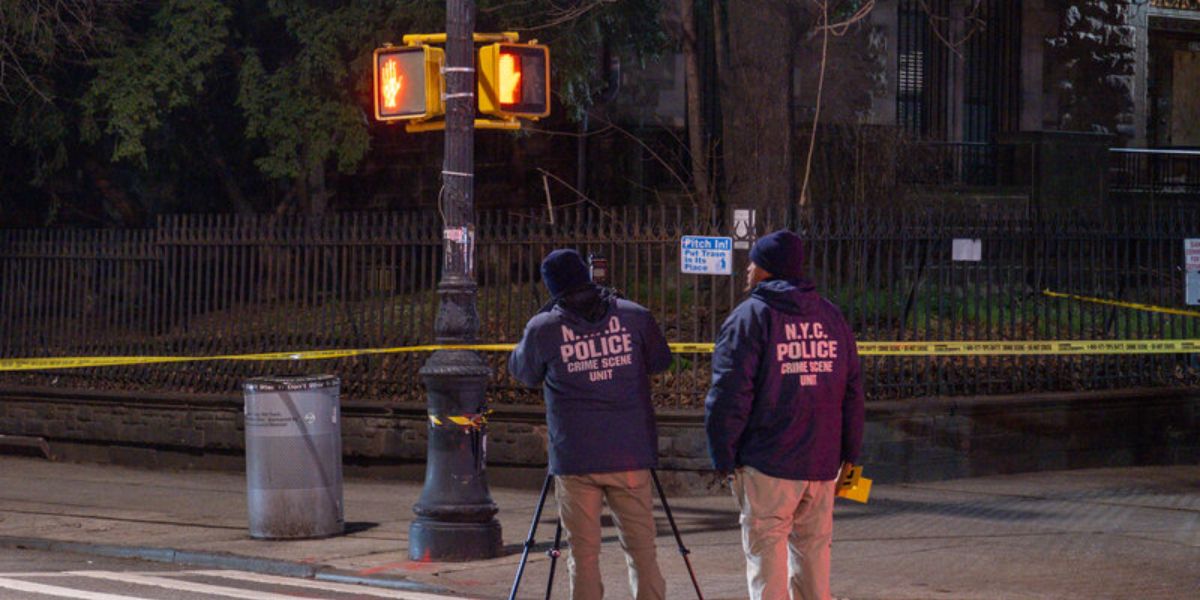In a significant development, state highway shootings have seen a notable decline, a trend that has emerged amidst ongoing legal challenges against the use of dragnet surveillance by law enforcement. This decrease in highway violence is being linked to enhanced surveillance measures, but these tactics are facing criticism and legal scrutiny from various advocacy groups.
According to a recent report by IPM Newsroom, the implementation of extensive surveillance techniques by the Illinois State Police has been credited with reducing the frequency of shootings on state highways. This has been achieved through the deployment of advanced technologies, including high-definition cameras and automated license plate readers, aimed at monitoring and quickly responding to suspicious activities and potential threats on the roads.
However, these surveillance practices have sparked controversy. Critics argue that such measures constitute an overreach of state power and pose significant privacy concerns for ordinary citizens. Legal actions have been initiated to challenge the constitutionality of these surveillance methods, asserting that they infringe on individuals’ rights to privacy and due process. The lawsuits, as reported by IPM Newsroom and Capitol News Illinois, are pushing for more stringent oversight and limitations on the use of such technologies.
The Illinois State Police, as detailed in Capitol News Illinois, defend the surveillance programs, citing the tangible benefits in terms of public safety. They argue that the data collected through these means has been instrumental in solving crimes and preventing potential incidents of highway violence. The reduction in highway shootings is presented as evidence of the effectiveness of these measures, highlighting a significant public safety improvement.
The debate over dragnet surveillance versus privacy rights is intensifying as these legal battles unfold. Critics, including various civil liberties organizations, contend that the widespread collection of data without clear regulatory frameworks poses a threat to personal freedoms. They call for more transparent policies and robust safeguards to ensure that surveillance does not lead to unwarranted intrusions into the lives of law-abiding citizens.

On social media, discussions about this issue are gaining traction. A tweet by @rkprsheadlines highlights the contrasting views on the effectiveness and ethical implications of the surveillance measures. The public discourse reflects a broader societal concern about balancing security needs with fundamental civil liberties.
As these legal and public debates continue, the outcome of the lawsuits could have significant implications for future law enforcement practices and privacy rights. The resolution of these cases will likely influence how surveillance technologies are deployed and regulated, not only in Illinois but potentially across other states facing similar challenges.
Also Read:
- Teenagers in Peoria Arrested for Aggravated Assault and Gun Offenses
- Teen Taken into Custody After 8-Year-Old Suffers Gunshot Wound
In summary, while the decline in state highway shootings marks a positive development for public safety, it comes amidst contentious legal challenges over the methods used to achieve this outcome. The ongoing lawsuits against dragnet surveillance underscore a critical tension between enhancing security and protecting individual privacy, a debate that will shape the future landscape of law enforcement and civil liberties in Illinois and beyond.




